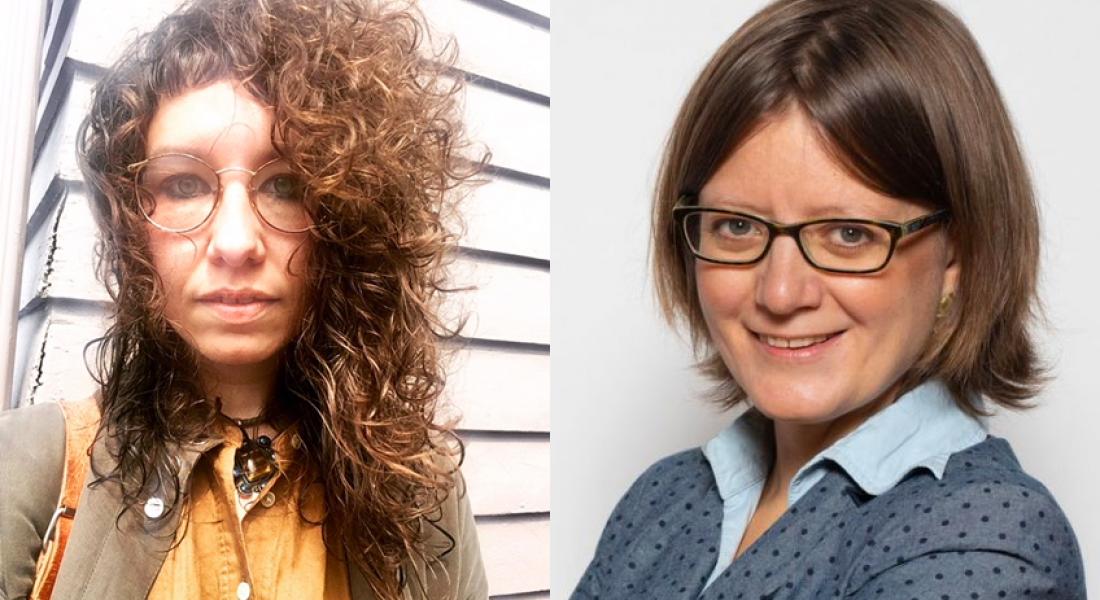
Former Visiting Fellows Thea Riofrancos (2014-15) and Amy Erica Smith (2016-17) are among the 27 Andrew Carnegie Fellows for 2020 announced today. Each will receive $200,000 in philanthropic support for their research projects for a period of up to two years.
According to the Carnegie Corporation of New York, which bestows the awards, fellowships are granted for "high-caliber scholarly research in the humanities and social sciences that addresses important and enduring issues confronting our society.... The [award] criteria prioritize the originality and potential impact of a proposal, as well as a scholar’s capacity to communicate the findings with a broad audience."
Riofrancos is an assistant professor of political science at Providence College. She examines what conditions make resource extraction the focus of political conflict and the consequences of that conflict. Riofrancos is currently studying the extraction and supply of lithium, which is used in batteries, as a lens for exploring the politics of the global transition to renewable energy.
Smith is Liberal Arts and Sciences Dean's Professor and an associate professor of political science at Iowa State University. Her Carnegie project will explore how faith shapes individual responses to climate change. Using Brazil and Kenya as case studies, Smith will show that contrary to popular belief, Christian and Muslim theology often promote environmental protection. She will explore how religious leaders and communities that adopt “environmentalist theologies” compatible with both science and faith have enormous potential to mobilize support for policies to address climate change.
A press release noted that this year’s 27 fellowships were selected from 322 nominations. The selection panel of 17 jurors was comprised of distinguished scholars and academic and intellectual leaders from some of the nation’s most prominent educational institutions, foundations, and scholarly societies.
According to the release, each year more than 600 nominators, including heads of independent research institutes and societies, university presidents, leaders of some of the nation’s preeminent think tanks, directors of major university presses, as well as editors of leading newspapers and magazines, are invited to recommend up to two individuals for the fellowships. All proposals undergo a preliminary, anonymous evaluation by leading authorities in the relevant fields. The top proposals are then forwarded to the members of the jury for a final review and selection.





